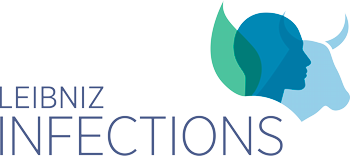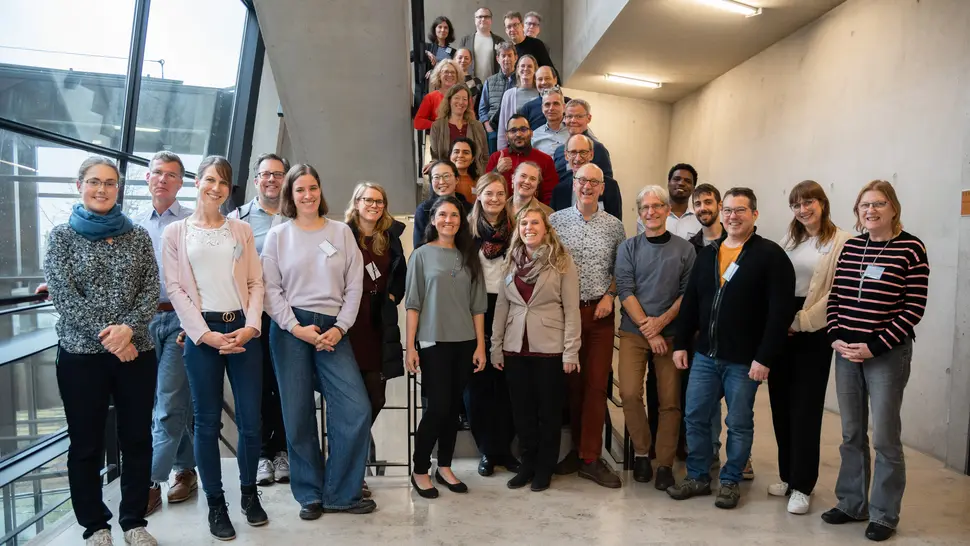From 28 to 30 October 2024, the members of the Leibniz Research Alliance INFECTIONS met for the 8th Plenary Assembly at the Bernhard Nocht Institute for Tropical Medicine (BNITM) in Hamburg. They discussed the future direction of the network and presented their research findings on combating antimicrobial resistance (AMR) - a key issue for global health.
Announcement from the BNITM (30.10.2024)
According to the WHO, antimicrobial resistance (AMR) is one of the greatest threats to health. AMR means that microorganisms such as bacteria or fungi become insensitive to medication. This happens, for example, through mutations in the microbial genetic material. Factors such as excessive and inappropriate use of antimicrobial drugs in livestock and in humans, increasing mobility and climate change could play a role in the development of resistance. The interdisciplinary approach of the Leibniz Research Alliance INFECTIONS combines biological, social and ecological perspectives in order to develop comprehensive solutions to curb antimicrobial resistance.
Opening and exchange on current research projects
After an introductory workshop for the network’s doctoral students on 28 October, Prof Dr Ulrich Schaible, spokesperson of the research network and center director of the Research Center Borstel - Leibniz Lung Center, officially opened the meeting on 29 October. Prof Dr Jürgen May, Chairman of the BNITM, presented the institute, its main activities and its role within the network.
The scientific presentations focused on recent advances: PhD students reported on projects on the role of arthropods (insects and arachnids, among others) as vectors of pathogens, AMR in healthcare and the spread of resistance in livestock. The diversity of topics reflects the interdisciplinary nature of the research network, which analyses the spread of resistance in urban, agricultural and natural environments. Prof Dr Ulrich Schaible and Dr Michael Stolpe also presented the Leibniz Lab "Pandemic Preparedness" and Univ.-Prof. Dr Jochen Schanze presented the Leibniz Lab "Systemic Sustainability".
Practical sessions and a look into the future
In the afternoon of the first day of the conference, the consortium teams worked in project-based sessions. This time allowed the scientists from the different institutes to discuss in smaller groups.
The second day of the conference began with a report by Lena Merkel on the citizen science project "Catching flies for science!", which makes research accessible to the public. The partner institutes then presented the results of the project-related discussions from the previous day.
The event concluded with a plenary session in which the participants discussed the strategic direction for the new funding period starting in April 2025. The BNITM intends to continue its involvement in projects on AMR in sub-Saharan Africa, with Dr Jan Priebe, Dr Denise Decker and Dr Andrea Molina from the BNITM playing an active role. In the future project, they will focus on One Health applications in human and animal health, bringing expertise in genomic epidemiology and behavioural and health economics. Their aim is to combat AMR through information campaigns and changes in human behaviour as well as better diagnostics and data processing.
The participants at the plenary assembly also planned future events such as the virtual colloquium in December 2024 and the symposium in March 2025. The "Leibniz Lunch at the Bundestag" in May 2025 was also on the agenda: here, the network will bring its research findings and expertise directly into the political discourse.


